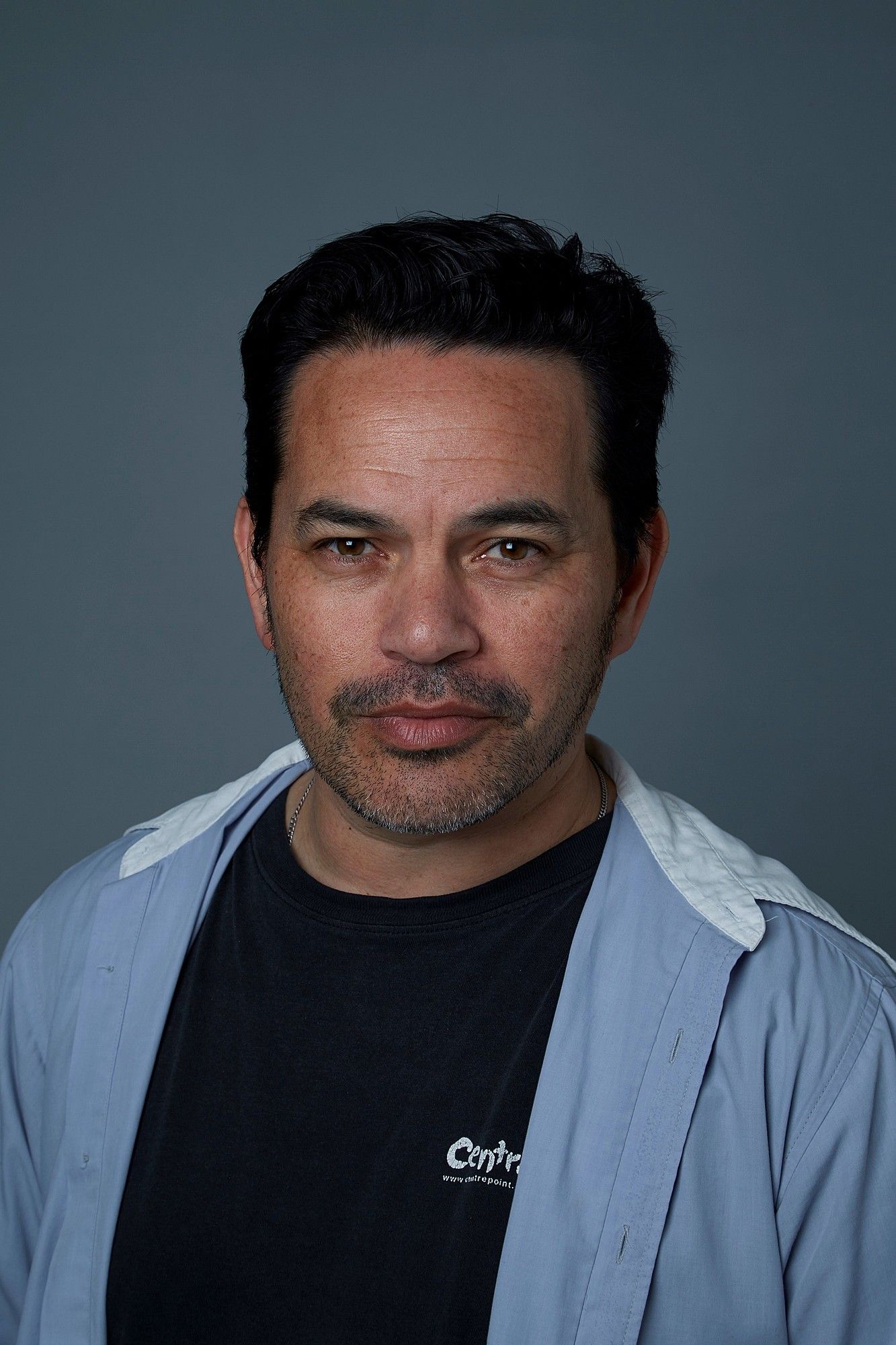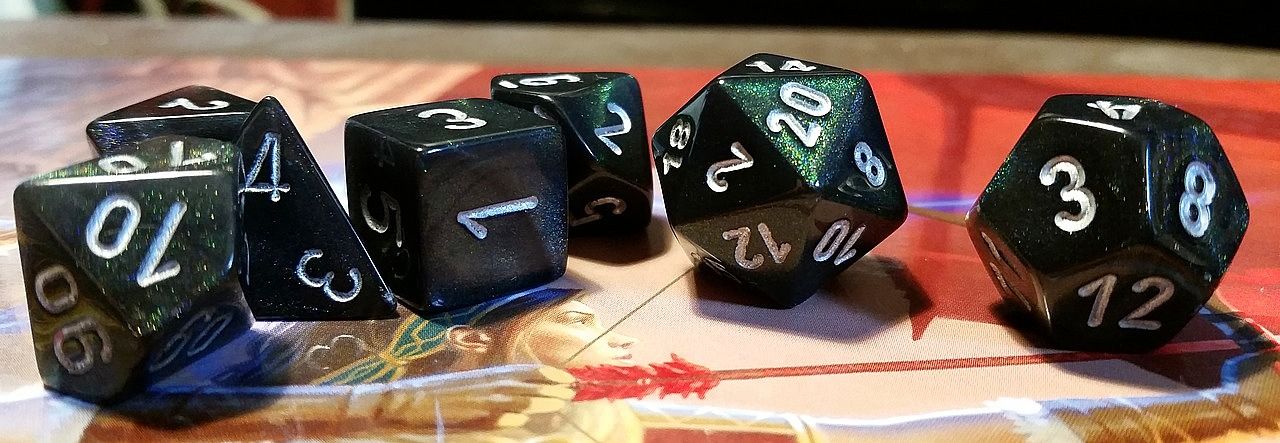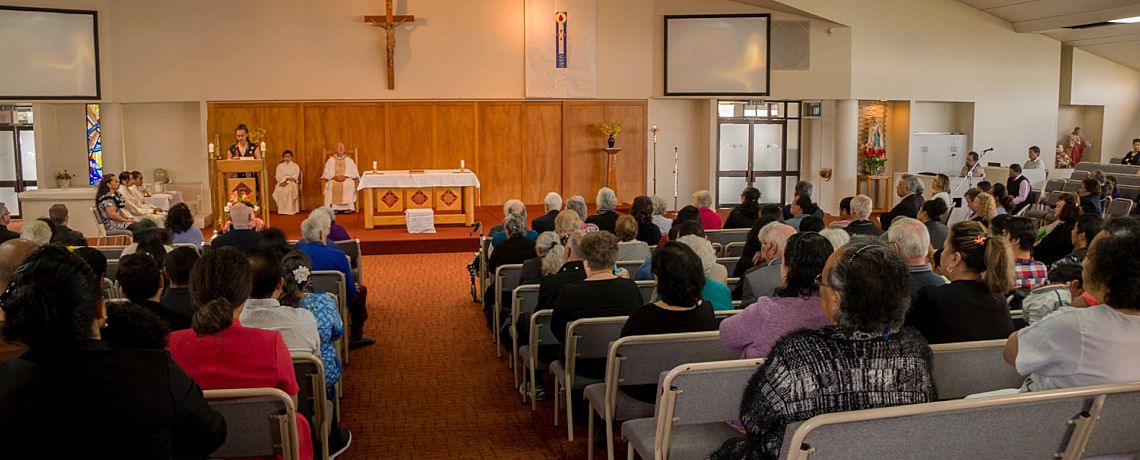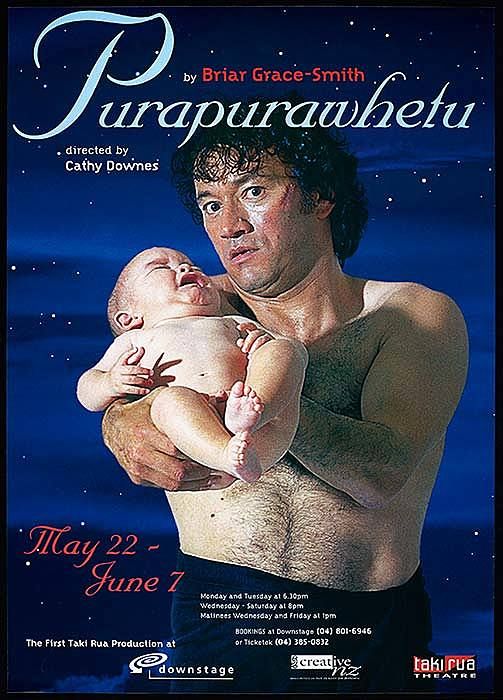Loose Canons: Albert Belz
Ahead of seasons of his new play Astroman in Christchurch, Melbourne and Auckland, New Zealand playwright Albert Belz shares the things that formed his storytelling instincts.
Loose Canons is a series in which we invite artists we love to share five things that have informed their work. Meet the rest of our Loose Canons here.
Albert Belz started his career as an actor before pivoting to writing for stage and screen. An award-winning international playwright and screenwriter, his works have crossed many datelines and divides. They’ve been performed internationally from London to Paris to New York and Sydney. Themes from class, ethnicity and sexual politics to Gothic serial killers and religion resonate through his words.
This year he and Tainui Tukiwaho worked with Auckland Theatre Company to translate Chekhov’s The Cherry Orchard, for a season at the ASB Waterfront Theatre; his play Cradle Song, a horror set in South West Ireland, was staged at Q Theatre as part of Auckland’s Koanga Festival; and he and Tukiwaho’s latest television comedy series, Tongue Tied, is currently screening on Māori Television. Belz’s other plays include Awhi Tapu, Yours Truly and Raising the Titanics.
Belz has held writing residencies in Les Quesnoy (Northern France), and both Waikato and Victoria Universities, New Zealand. He lectures in performing arts and writing for stage and screen at Manukau Institute of Technology, and is currently the Writer in Residence at Canterbury University.
His latest play, Astroman, opens at Christchurch’s Court Theatre and at Melbourne’s Art Centre (produced by Melbourne Theatre Company) on 27 October. Astroman also plays the Auckland Arts Festival in March next year at Q Theatre, in a co-production between Auckland Theatre Company and Te Rēhia Theatre Company.
Comics
From an early age I preferred reading comics over books. I was a slow reader and easily distracted so a paragraph could barely hold my attention, let alone an entire page of words. Reading was really, really hard work. But when you have big giant splash-pages full of colour and action, then all of a sudden, the words also had my attention. Comics also taught me the power of the image. I grew up on comics and graphic novels, which is perhaps why so many people comment on how ‘filmic’ my plays are.
Dungeons and Dragons
One summer in my early teens my cousin Andrew Belz turned up to our whare with this new game called Dungeons and Dragons, which he taught me how to play. We used dice to create characters and create worlds and battle villains and save princesses and…before we knew it the school holidays were over and I had been well inducted into mid-80s geekdom. Dungeons and Dragons was my first introduction to pure storytelling and the raw power of imagination – shot Andy!
Witi Ihimaera
The classroom was never really a safe place for me. As much as I tried, it did little more than highlight how distracted by daydreaming I could be – so I kinda stopped trying. Then in English class we had Shakespeare, which to teenage me was a giant pile of shite. I couldn’t relate to the characters, I didn’t care about the worlds and God knows I couldn’t read the fucking language let alone understand the lame-assed attempts at humour. Let’s just say that I was not Bill’s intended audience. The DNC on my report was testament to the amount of loathing I had for the bard. And then the next term we got Pounamu Pounamu, and the stories weren’t too long, and I knew these characters, and I had lived that world, and words like theme, and tone and structure started to make sense to me because I started caring about what was on the page and I wanted to know more, and I started getting more of Ihimaera’s books out of the library and reading them in my own time. Witi Ihimaera made me give a shit about words.
Catholicism
The reason I don’t check out much political theatre is that truth is more often than not far more entertaining than the script, and secondly, I’ve always insisted that if I wanted to sit in an audience of the converted and be preached to – I’d just go to church. Easy for me to say since I was christened as a Catholic and from that day onwards was introduced to concepts like imaginary friends, the power of song in theatre, the structure of theatre, the difference a warm room and a comfortable seat could make to the enjoyment of said theatre, and what worked and didn’t work on the stage/pulpit. Somewhere in my mid-teens Mum and Dad got sick of hearing me whinge about wasting my time at church and left without me. Nonetheless, Catholicism was for me an excellent grounding in theatre.
Purapurawhetū
I didn’t start writing for stage until my late 20s. Up to that point I was going to write movies that I was going to star in. My body and mind were far too sexy for theatre, as far as my ego was concerned. And then, in the late 90s, a friend of mine gave me her tickets to see Purapurawhetū at the Herald Theatre. The story, the performances, the staging – the everything – blew my mind. I was moved to laughter and tears and I couldn’t stand for the ovation because my guts were on the floor – not bad for my first experience of professional theatre ever. From that point, anything I had written I threw out and started writing again – I had a touchstone, and I had been bitten by theatre. I’m sure any practitioner has this play that did ‘that’ to them. Briar Grace Smith’s Purapurawhetū was mine.
Astroman runs from 27 October to 10 November at the Court Theatre, Christchurch
from 27 October to 8 December at the Arts Centre Melbourne
and from 16 March to 19 April 2018 at Q Theatre, Auckland.
Tickets available for the Court season here, the Melbourne Theatre Company season here, and the Auckland Theatre Company/Te Rēhia Theatre Company season here.






